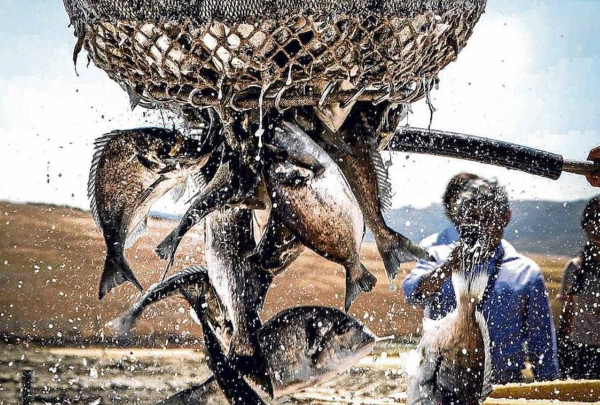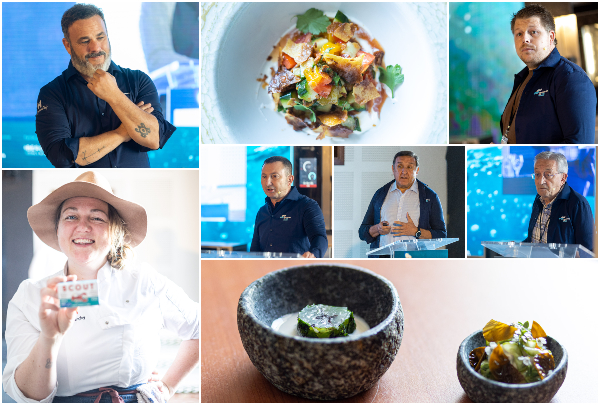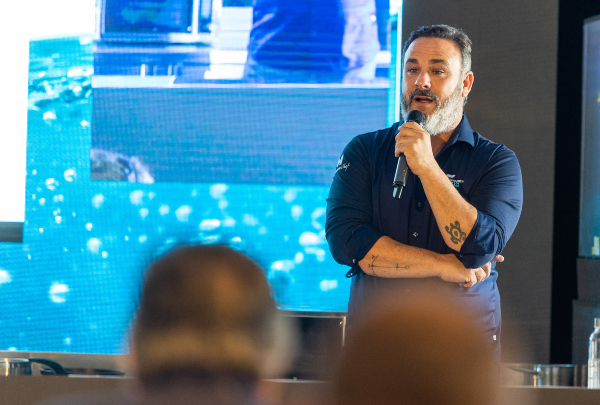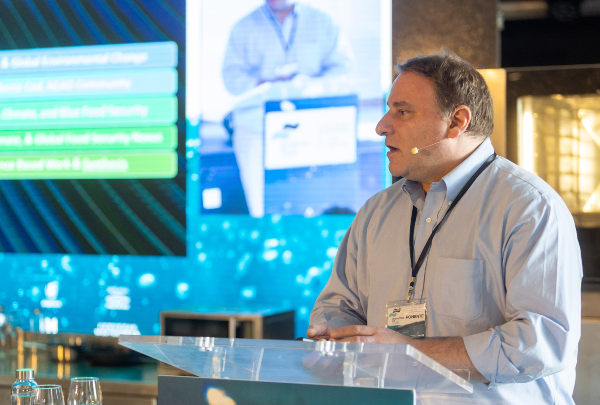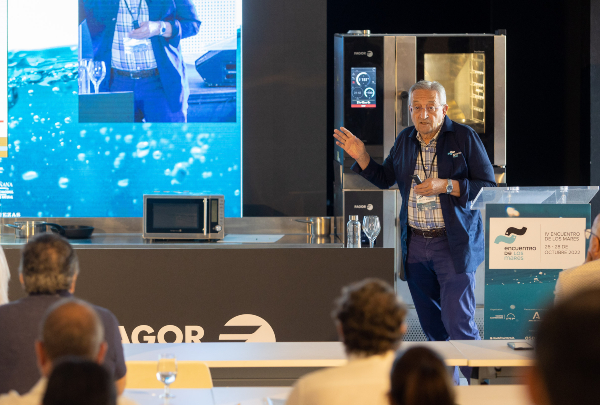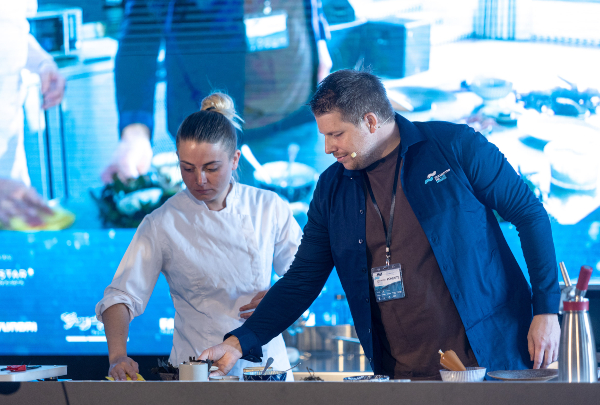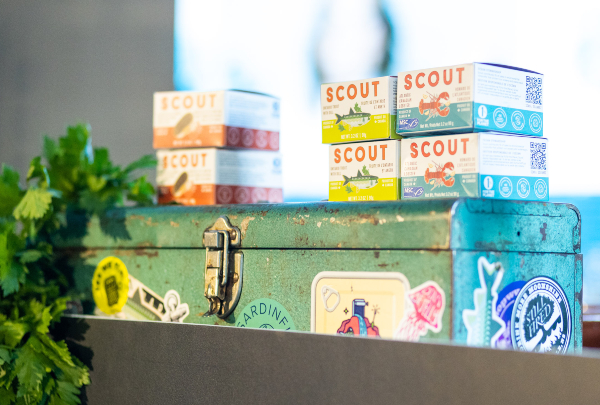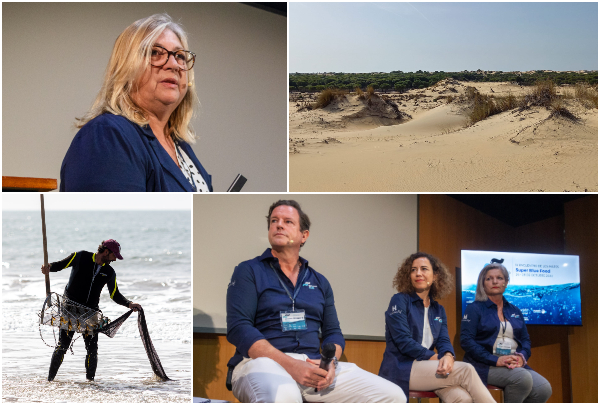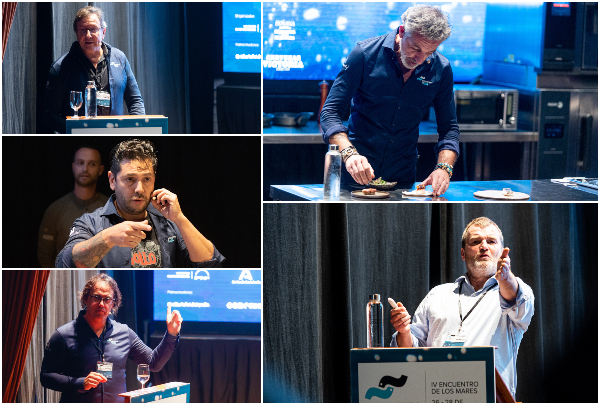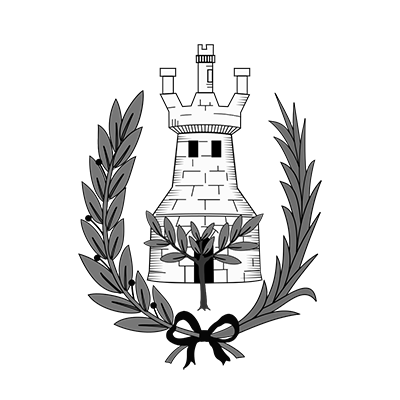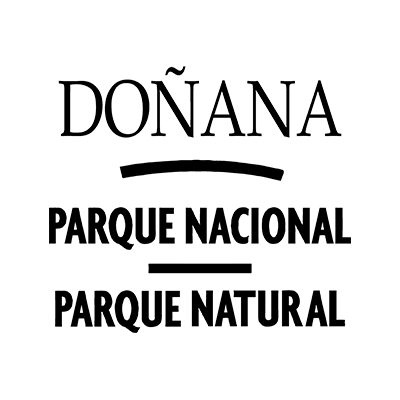News
Scientists seeking a more sustainable ocean-based economy

Several scientists and environmental researchers return to Lanzarote to pursue marine viability. One of them, Uxío Labarta Fernández, a CSIC marine biologist, will receive the Sartún Prize.
The oceanographic experts at Meeting of the Seas will be headed up by Carlos Duarte, the congress's scientific director. A leading expert in many branches of oceanography, biology and marine ecology, he is probably the most versatile aquatic ecologist of his generation: he works between the tropics and the poles, from coastal systems to open ocean gyres, from macrophytes to microbes etc. One of the best known marine biologists at congresses worldwide, he is currently leading, alongside researcher Susana Agustí, also a speaker at the congress, an international survey to draw up the essential roadmap for courses of action to help the planet's marine life retrieve its abundance by the year 2050. This international survey assembles the world's leading marine scientists on four continents, in 10 countries and 16 universities. The project establishes the essential roadmap for courses of action to help the planet's marine life retrieve its abundance by the year 2050. Although human beings have altered marine life to a large extent, researchers have found evidence of a remarkable recovery capacity, which will permit a more sustainable ocean-based future economy. Susana Agustí has been in charge of oceanographic expeditions in the Mediterranean, the Atlantic, the Pacific and the Indian Ocean and both polar oceans, the Antarctic and the Arctic, and she is currently conducting a survey of the Red Sea and the overall effects of stress factors in the sea, and adaptation of its organisms to global change.
Sartún Award
A large portion of super bluefood production relates to aquaculture. Whereas humans have been producing food on land in a controlled fashion for 10,000 years, the capacity to produce food in the sea in a controlled fashion is a recent development. Modern aquaculture emerged in the 80s, in Norway's salmon cages, and in Galicia, with its mussel platforms. Whereas the former represents a non-sustainable food model, the humble mussel is celebrated as a super bluefood.
Galician scientist Uxío Labarta Fernández, marine biologist with Spain's CSIC research centre, is the world's leading expert in this area. A pioneer of aquaculture research, his role as promoter of the first National Aquaculture Plan made Spain the worldwide leader of research in this area. He will be at Meeting of the Seas and will be taking the 2022 Sartún Award for his work as researcher on compression of the physiology and growth of mussels and interaction with the marine environment, turning this product into a classic sustainable super bluefood.
This year's congress will also feature Michael Bank, a scientist at the Institute of Marine Research in Bergen (Norway) and the University of Massachusetts (US), who heads up an investigation into how sea contaminants affect organisms, including human being, and is also a member of several committees of experts, and an advisor on contaminants for a number of national and international environmental agencies.
Sebastián Villasante, professor and researcher at the University of Santiago de Compostela (Spain) and advisor to the European Commission's Scientific, Technical and Economic Fishing Committee, will also be speaking at the congress. The author of over 190 scientific papers, Villasante is one of Spain's leading experts on oceanic sustainability and fishery management. Another speaker will be Professor Vicente Ruiz García, advisor to the chair of Naval Heritage and History and expert in naval history and historical gastronomy. The director of Doñana, Juan Pedro Castellano, will also be in the speaker line-up at Meeting of the Seas 2022.
